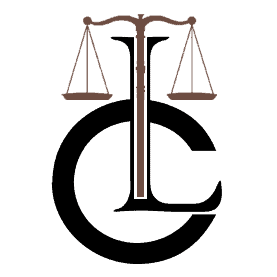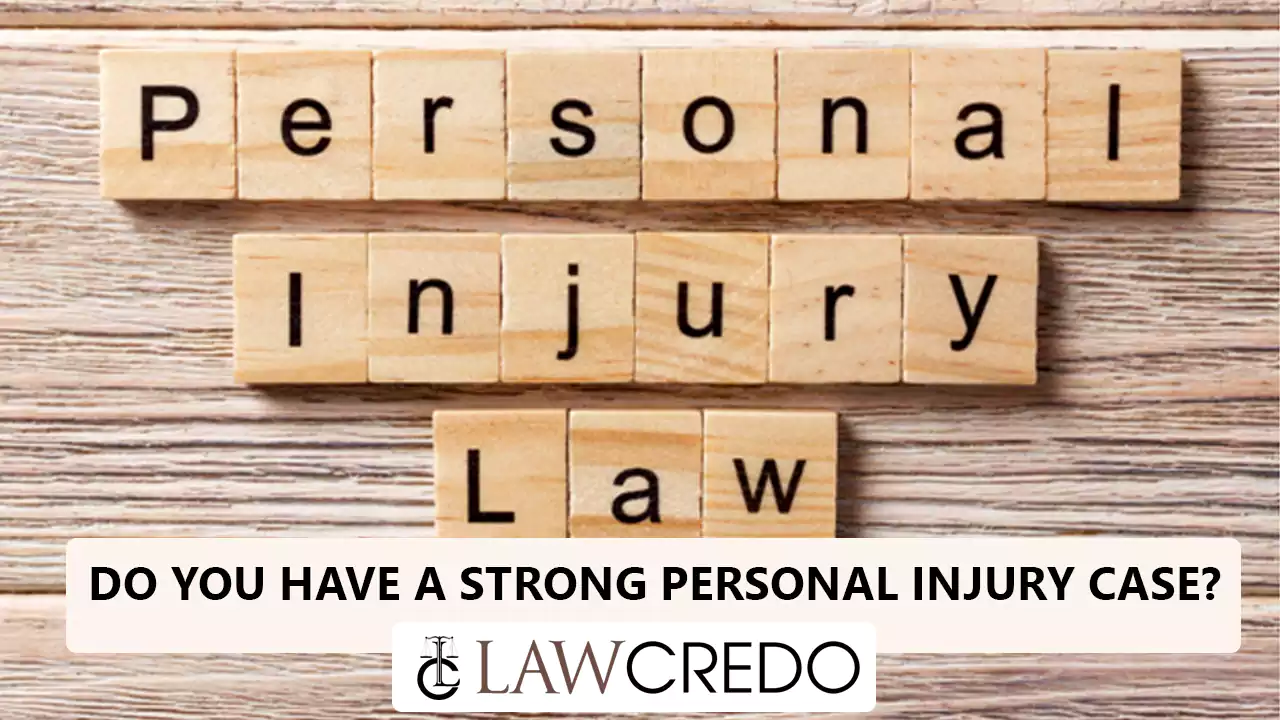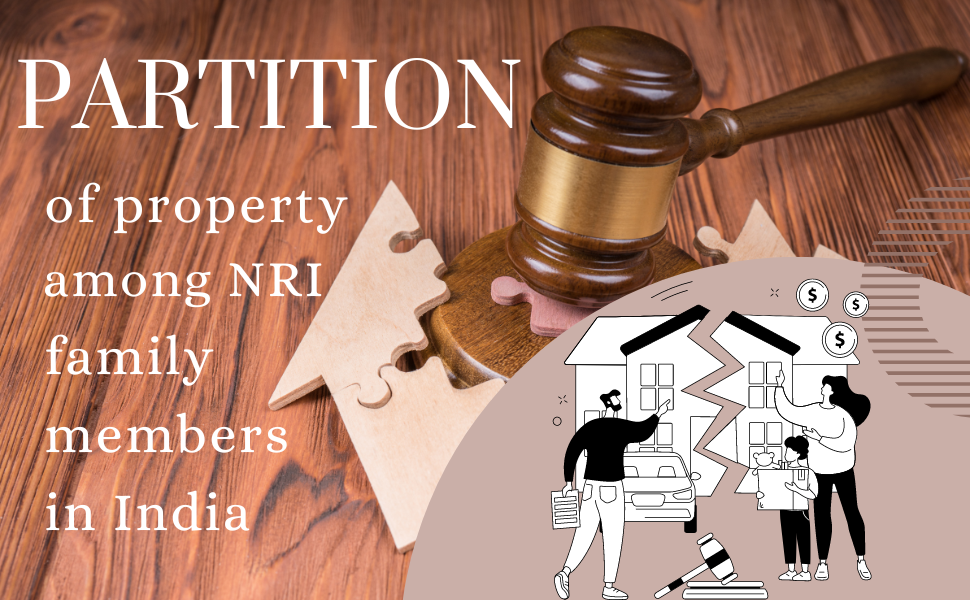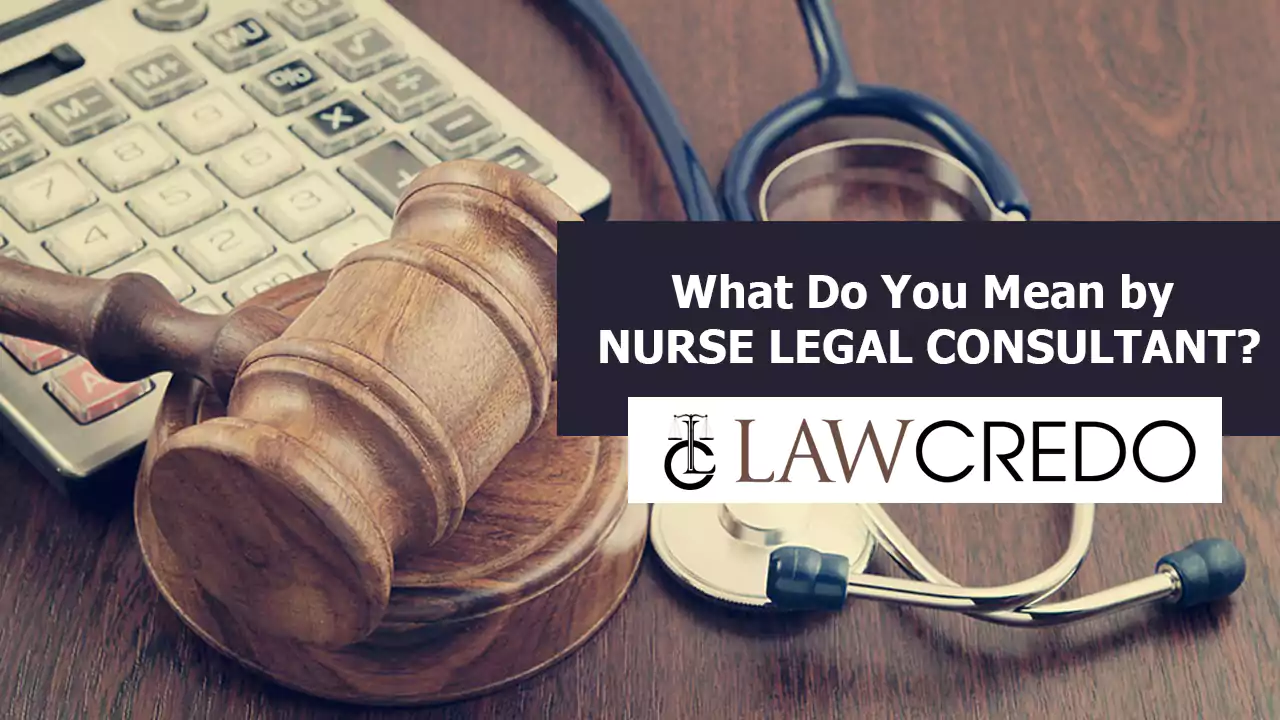Most of us have made it through a full year of the Covid-19 pandemic without being seriously injured due to it... but no one can predict that accidents will never happen.
If one does, you're now left wondering about your options for compensation. In many cases, the remedy that you need is a personal injury case to pursue against the at-fault party.
Our guide will show you how to start vetting your case. Keep reading to learn more about personal injury cases.
Understanding the Basics of a Personal Injury Case
Personal injury cases are complex and involve a variety of laws, regulations, and technicalities. These are specific to the circumstances of the injury.
Thus, being informed about the basics of a personal injury case is essential. Especially for injury victims who want to seek compensation.
Generally, personal injury cases involve a complainant filing a lawsuit against the defendant. This is to recover monetary damages for physical, emotional, or financial losses. To prove fault, a court may consider medical documents, eyewitness accounts, evidence, and police reports.
An adjudicator may also take into account legal precedent to determine if the defendant owes the plaintiff a legal duty of care. Afterward, the court’s conclusion will provide the judge with a basis for awarding monetary damages to the plaintiff.
Understanding the basics of a personal injury lawsuit can help injured victims be more informed when considering legal action.
Negotiating a Fair Settlement
You should never simply settle for the first amount offered. That may not be a fair deal. You must consider both parties' expectations and needs and look at any special circumstances involved.
This includes the severity of the injury, distance traveled, and the legal costs associated with the proceedings. Additionally, you should be familiar with personal injury laws, the court system, and the legal system in general before entering into any agreement.
Moreover, you have to be prepared to argue your case to convince the other side to agree or increase their offer if you disagree with it. Finally, if the other party does agree to your offer, you must be prepared to commit the amount of time and energy to negotiate it.
Taking all these steps will ensure that you end up with a settlement that is fair for both sides.
Handling Denied Claims and Litigation
First and foremost, the injured party must remember that their case has been denied, so the best approach is to appeal the decision. In order to do so, the injured party must seek legal advice and develop an argument that is both viable and supported by solid evidence.
In the event of a successful appeal, the injured party can move forward with the litigation process if necessary.
Click here to know more about a personal injury lawyer.
These Tips Will Help You Understand Your Odds in a Personal Injury Case
In conclusion, injured parties should seek out professional aid and legal advice to determine the strength of their personal injury case. Knowing the necessary steps to take, understanding applicable laws, and having evidence on your side can help improve the chances of success.
So, if you've been injured due to someone else's negligence, don't hesitate to hire a personal injury attorney and get the justice you deserve.
Did this guide help you? Visit our other blog posts to see what we offer and how we can help you.
 Law Credo
Law Credo






